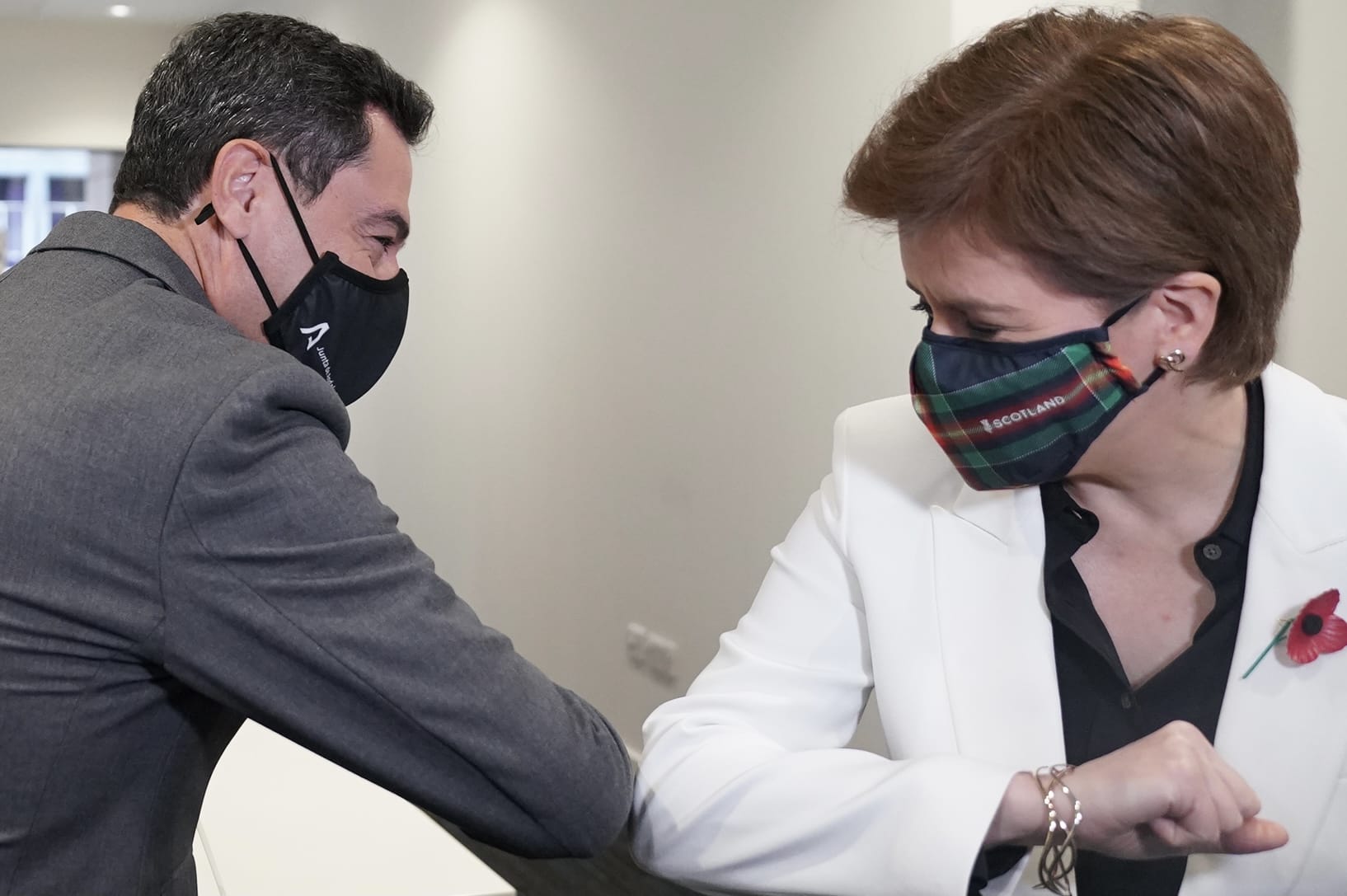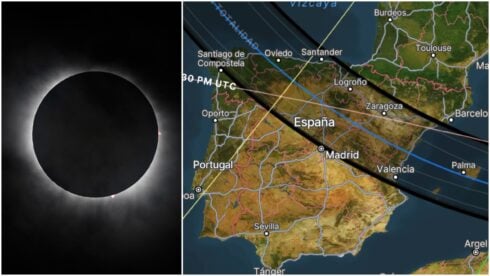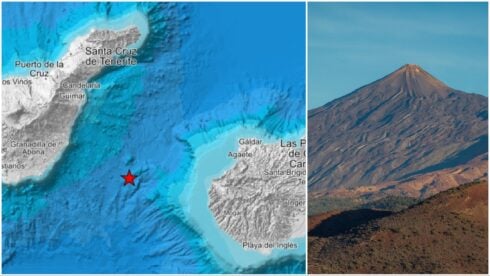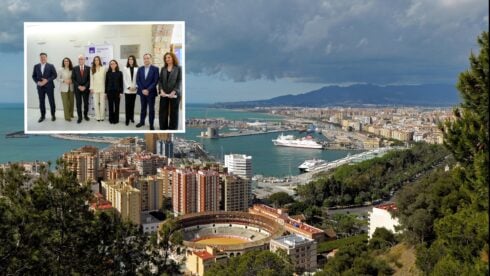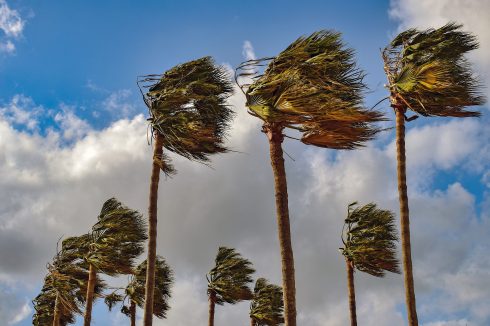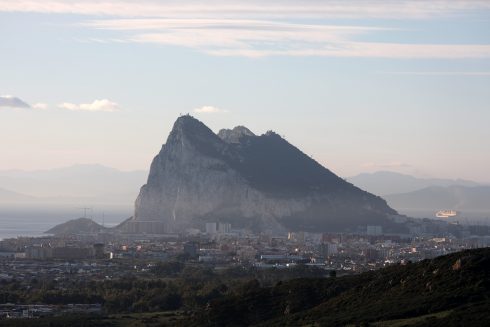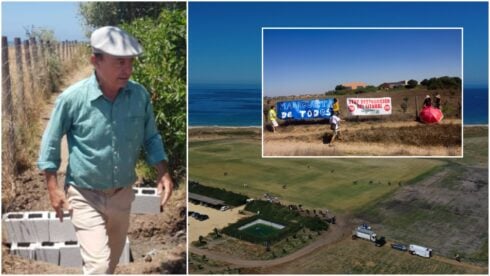At a meeting with Scottish First Minister Nicola Sturgeon during COP26, regional president Juanma Moreno boldly insisted that ‘Andalucia is a pioneer in the fight and we will continue to be the spearhead, because we are the most vulnerable region in Spain and Europe’.
However despite his statement, Moreno from the Partido Popular (PP) has refused to declare a ‘climate emergency’ in the region – a measure which has already been taken in Catalunya and the Basque Country.
Instead, Moreno used his attendance at the Glasgow climate change summit to announce huge investments in renewable energy projects within the region, but no proactive measures to tackle environmental crimes on the part of the regional government itself.
Andalucia is at the frontline of the climate crisis and is widely considered to be the Spanish region most at risk from global warming.
With 800km of coastline making it vulnerable to rising sea-levels, more frequent droughts threatening desertification and its wetlands being drained by over-irrigation to supply the vast swathes of greenhouses producing fruit and vegetables for the supermarkets of northern Europe, Andalucia is undoubtedly facing a grim outlook in the looming climate crisis.
In September alone, two emergencies were declared in the wake of devastating floods in Huelva and a wildfire ravaging protected woodland in the Sierra Bermeja and temperatures soared to yet another record-breaking high.
Plans for vast solar farms are proving controversial and have little backing from environmentalists, sparking a spate of protests across the region as the projects are unveiled.
Andalucia’s Savia Foundation instead urged the regional government to focus on ways to move towards ‘community energy efficiency’ and to promote small scale projects that involve local communities such as sustainable water management solutions.
“We need cross-sector measures that will forge a true solution to mitigating, slowing down and reversing climate change in Andalucia,” said a statement from Savia.
While Andalucia’s government would have us believe that the region is leading Spain’s green revolution, campaigners warn that it only scratches the surface.
In October, Andalucia became the first Spanish region to approve a Climate Action Plan in line with a new national law drawn up in the battle against global warming which pledges to reduce emissions by 40% by 2030.
Although this involves assessing risks and drawing up a roadmap of innovation options and portfolio priorities, it puts very little into action.
“This ‘green revolution’ is smoke and mirrors, a distraction,” insists Reyes Tirado a researcher at Greenpeace.
“To really tackle emissions in Andalucia, we need to talk about agriculture, energy models and how to transform the tourism industry,” she said.
“This only distracts from the important issues that need to be addressed when in truth the Junta has been neglecting climate change for three years.”
READ ALSO:
- Why a strange figure wrapped in red cloth will be haunting a plaza in southern Spain during COP26
- Sucked dry: How water theft to irrigate farmland is draining Spain’s precious wetlands and causing irreversible ecological damage
- WHEN CHANGE IS NOT GOOD: UN report highlights climate change threat faced by Spain’s Valencia region
Click here to read more Environment News from The Olive Press.

